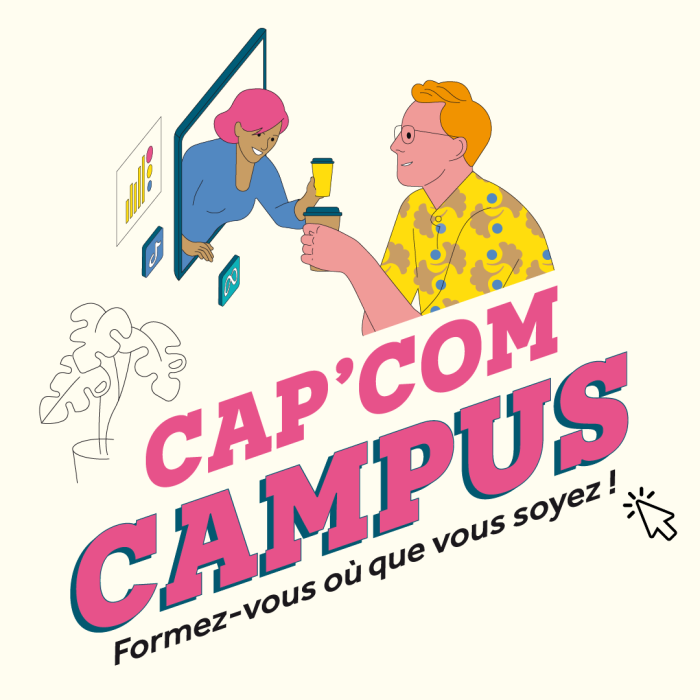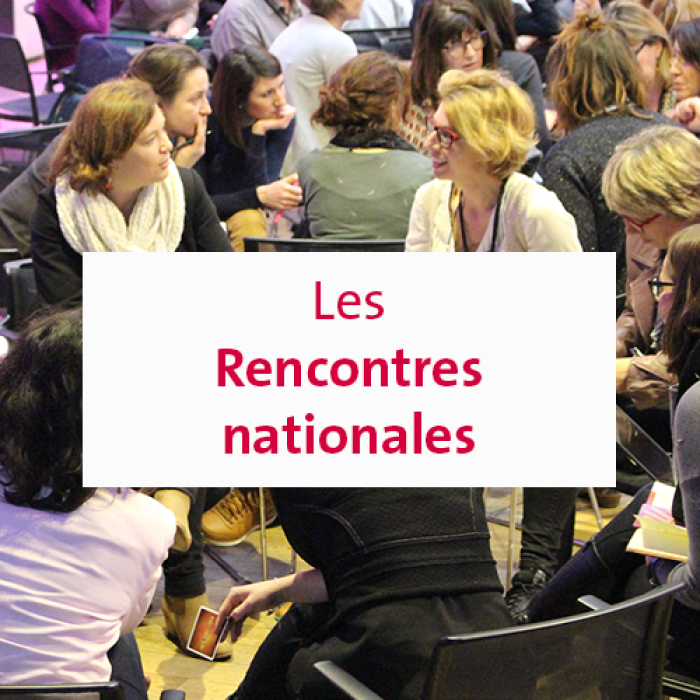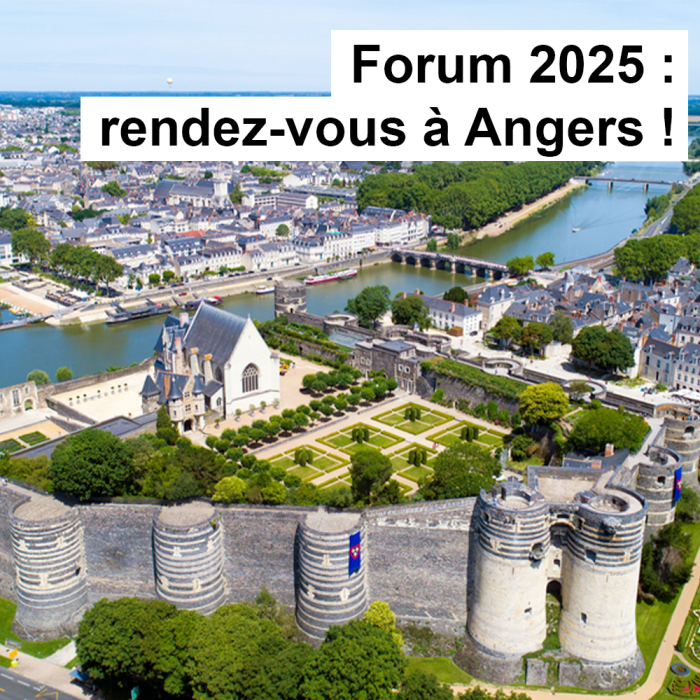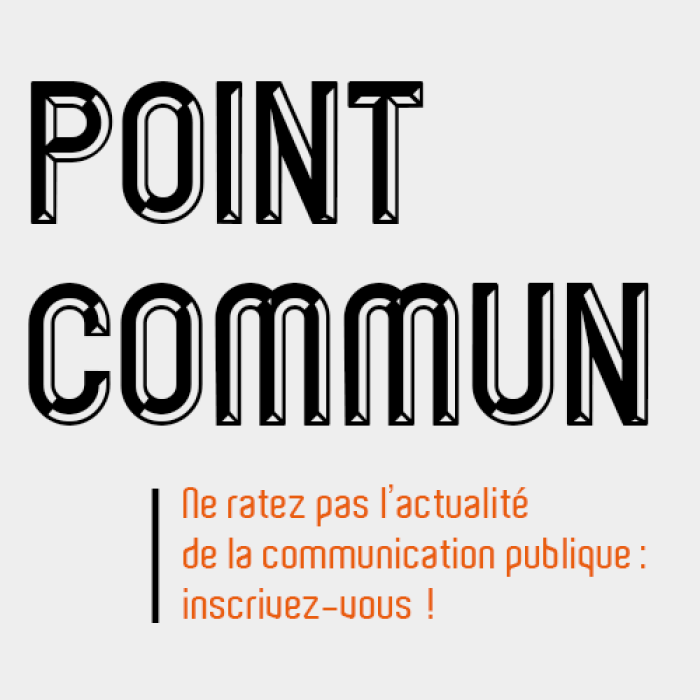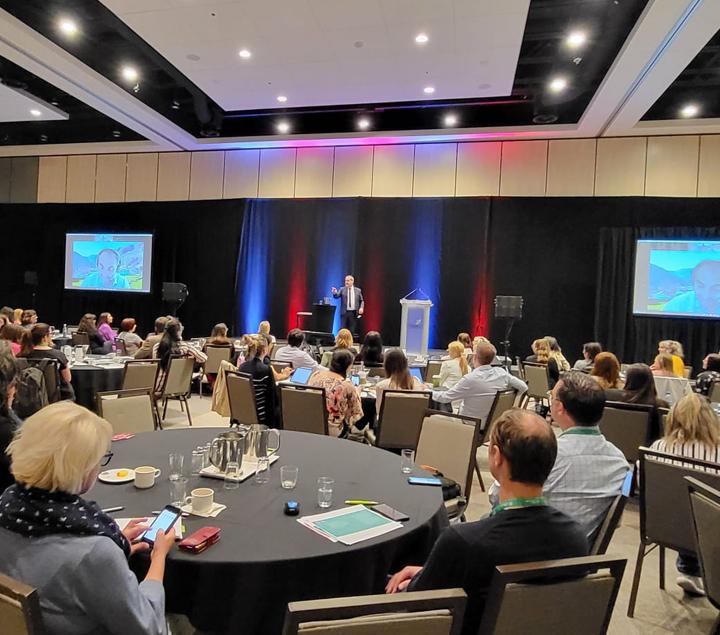
Harvest time for public communication in Quebec
The annual conference of the Municipal Communicators’ Association of Quebec was held at the end of May in Saint-Hyacinthe, near Montreal. The event is the highlight of the vibrant, innovative network’s year. It was an opportunity for our colleagues to share best practices, listen to talks and celebrate the winners of the “Plumes d’Excellence” awards. Cap’Com was of course represented and involved.
There are many similarities between ACMQ and Cap’Com, and the two networks have even been around for the same length of time (a little longer on the Canadian side, as they were celebrating their 40th anniversary!). The annual conference, which this year attracted more than 300 participants over three days, is a great success and has been growing steadily in recent years, reflecting the vibrancy of our sector across the Pond. Our profession seems to be undergoing similar changes to those identified in Europe, albeit with a few differences. To delve deeper into the issues that really matter, the organisers reworked their programme to include workshop sessions (three parallel workshops) based on a model directly inspired by the Cap’Com Forum, according to chair Stéphanie Bélisle. However, the cross-over of influences did not go unnoticed by the French delegation, who in turn noted a number of points that could well be imported to the Old Continent, such as drawing lots for your table number at lunch (a way of mixing up attendees and strengthening the network) or using your mobile phone to interact without using an app (to vote in session), or the sweets bar!
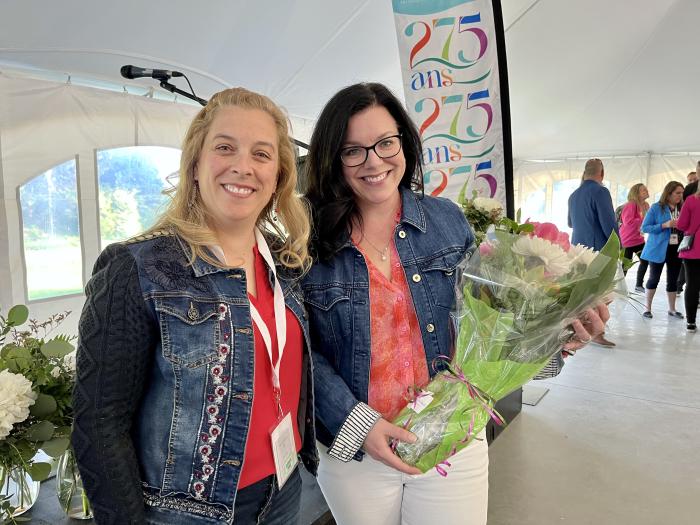
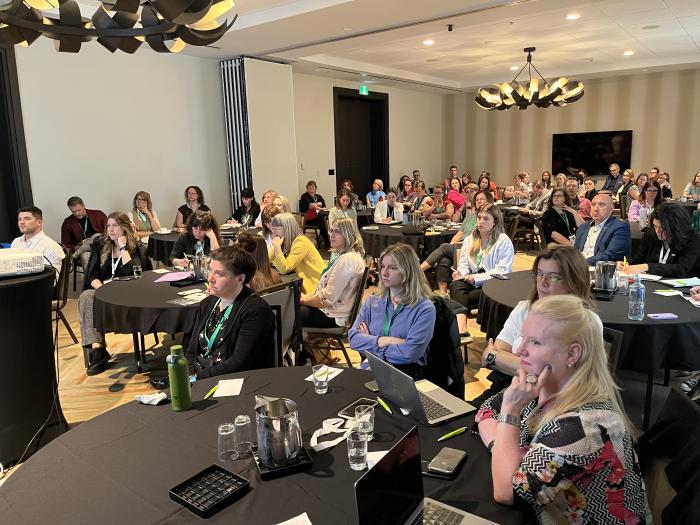
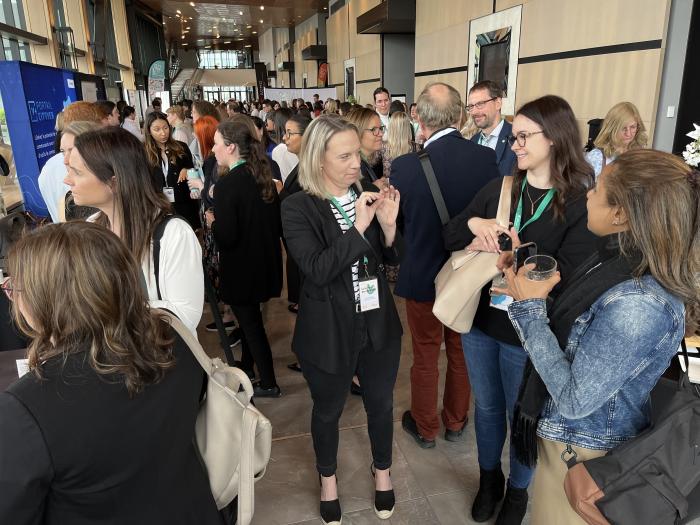
It’s worth noting that Quebec communicators know how to bring the French language to life in a beautiful way. It’s much more fluid and practical than the defenders of anglicisms think. This is a topic that could easily inspire a joint presentation at the Toulouse Forum. However, the contributions made at this 2023 conference were far more extensive and varied, including sessions on:
- Welcoming and integrating newcomers, remembering that, in this case, we’re talking about migrants!
- Defining audiences to develop behavioural marketing, with Michelle Laberge and her colleagues from Laval QC.
- Signage in all its forms, including digital signage, heritage guidance, interpretive trails, the experimental aspect, etc.
- Innovative community management on social media.
Small communities were a recurring theme, which is understandable given that the majority of Quebec communities have fewer than 10,000 inhabitants. This included the Magdalen Islands RCM (regional county municipality), which was the lucky winner of the Plume d’Or (see the list of winning entries here), a distinction awarded in a rousing, standing-room-only ceremony. This award was for an outstanding public communication campaign, undertaken during a period of flooding in these areas, which have now fallen victim to climate change.
Adding our contribution to the mix, Cap’Com’s General Delegate and Didier Rigaud-Dubaa, a university lecturer and trainer, gave a presentation on trends in the French regional press, just a few days before the Regional Press and Information Awards ceremony.
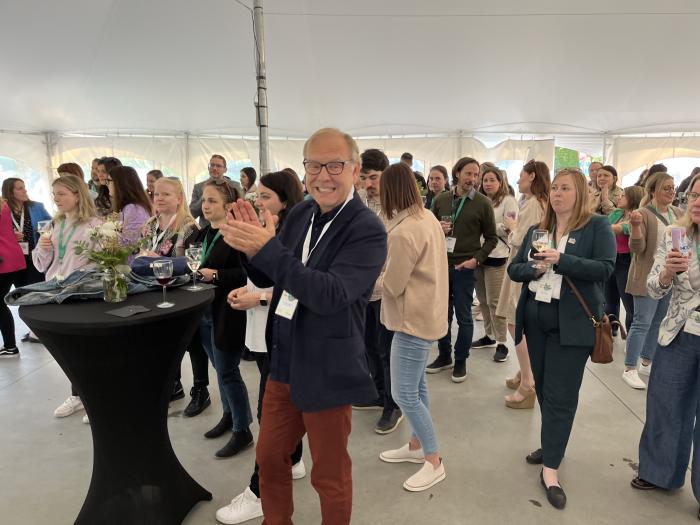
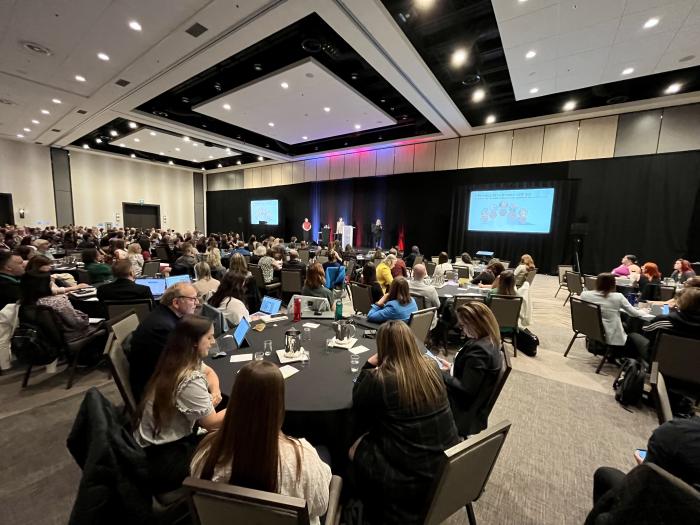
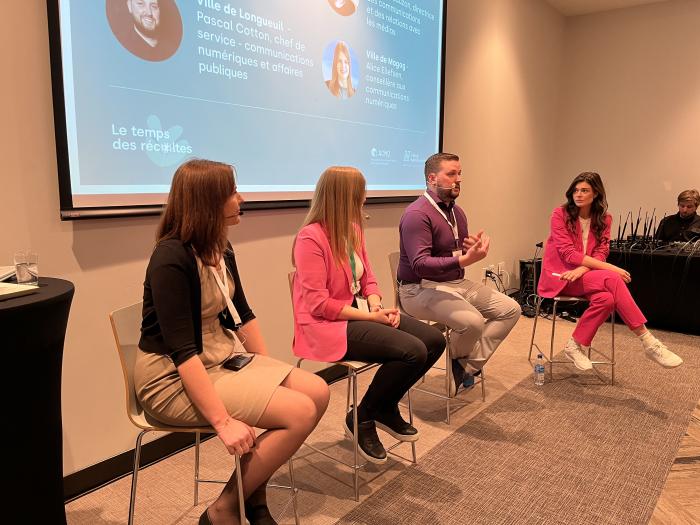
Drawing on past editions and the large number of entries received for the 2023 competition, they shared with the plenary session the special features of this type of publication, along with layout tips. The talk went down really well with our Quebec colleagues, who appreciated these excellent ideas and the magazine-style approach.
AI is like the tide: you cannot stop it rising, but you can harness it.
Rémy Trudel
In the huge conference rooms of the Saint-Hyacinthe municipal convention centre, other talks provided participants with insights into management issues and, more crucially, how to rebuild relationships. One of these was a brilliant talk by Rémy Trudel, a former government minister. He put artificial intelligence in a new light. For him, “AI is like the tide: you cannot stop it rising, but you can harness it” (and control it and channel it). Drawing on his many years of experience and his successes and failures, he concluded with this excellent piece of advice: “Do not deprive yourself of the help this tool can give you. However, if you use it to produce a press release and gulp it down like coffee in the morning, you’re doing it wrong. Because it contains every kind of bias in our thinking. But if you use it as a complementary tool, a suggestion to be reinterpreted, then it becomes interesting. Science produces information that can be useful. To succeed, you need to question everything.”
